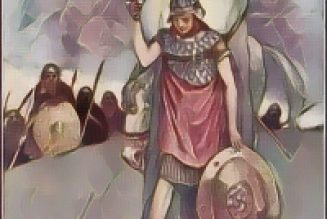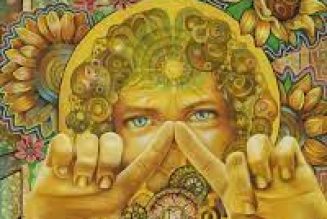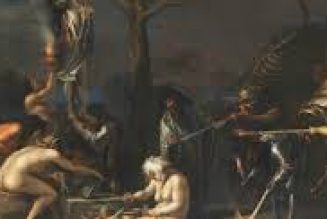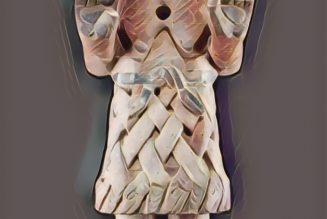As Christianity became firmly established, the Church sought to enforce religious conformity and eliminate practices it deemed heretical or pagan. This effort reached a dark climax during the witch hunts, which swept across England and much of Europe from the late medieval period into the early modern era.
Accusations of witchcraft were often directed at those—especially women—who maintained folk traditions, herbal knowledge, or healing practices rooted in pre-Christian beliefs. The Church viewed these customs as threats to its authority and as remnants of paganism that needed to be stamped out.
The witch hunts were marked by fear, suspicion, and violence. Trials and executions became tools for enforcing religious orthodoxy, and countless lives were lost or ruined. These events reflected the Church’s determination to suppress any lingering traces of the old ways and to assert control over spiritual life.
Yet, even in the face of persecution, elements of folk magic, herbalism, and seasonal rites survived—sometimes hidden, sometimes woven into Christian practice. The legacy of the witch hunts serves as a stark reminder of the tensions and struggles that accompanied England’s spiritual transformation.
























